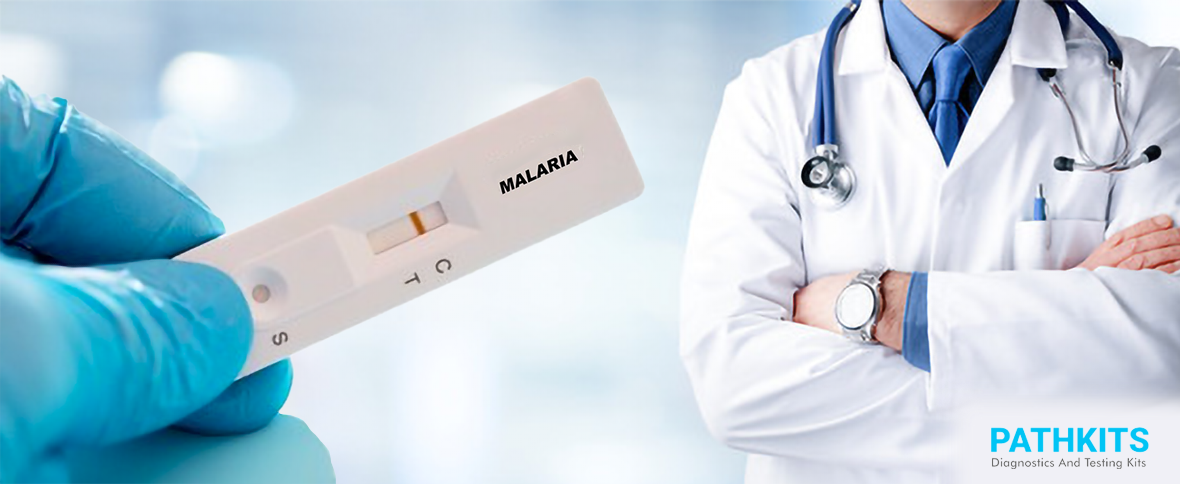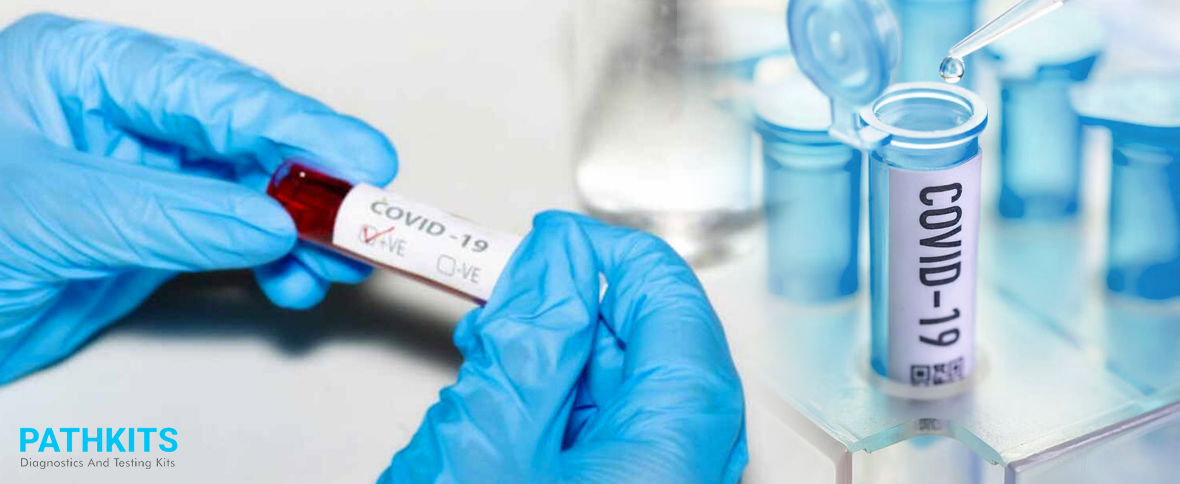Malaria, a mosquito-borne infectious disease caused by the Plasmodium parasite, continues to be a major health concern in many parts of the world. Timely and accurate diagnosis is crucial for effective treatment and prevention of complications. Fortunately, advancements in medical technology have led to the development of malaria rapid test kits that have revolutionized the diagnosis of malaria. In this article, we will explore the significance of these rapid test kits and how they have made malaria diagnosis easier and more accessible.
Introduction
Malaria is a life-threatening disease that affects millions of people worldwide, particularly in tropical and subtropical regions. Early diagnosis is vital for prompt treatment and preventing the spread of the disease. Rapid test kits have emerged as a valuable tool in the fight against malaria by providing quick and accurate results.
Understanding Malaria
Malaria is caused by the Plasmodium parasite, which is transmitted to humans through the bites of infected female Anopheles mosquitoes. The parasite invades the red blood cells, leading to recurring cycles of fever, chills, and flu-like symptoms. If left untreated, malaria can result in severe complications and even death.
Traditional Methods of Malaria Diagnosis
In the past, the diagnosis of malaria relied heavily on microscopic examination of blood samples. Trained technicians would analyze the samples for the presence of the Plasmodium parasite. While this method is effective, it requires skilled personnel, specialized equipment, and a significant amount of time.
Limitations of Traditional Methods
Traditional methods of malaria diagnosis have several limitations. The reliance on microscopy makes it challenging to diagnose malaria in resource-limited settings or areas with a shortage of skilled healthcare workers. Moreover, the time-consuming nature of these methods delays the initiation of appropriate treatment, potentially leading to adverse outcomes.
The Advent of Rapid Test Kits
Rapid test kits have revolutionized malaria diagnosis by offering a quick, simple, and accurate alternative to traditional methods. These kits are designed to detect specific antigens or antibodies associated with the Plasmodium parasite in a patient's blood sample. They provide results within minutes, enabling healthcare professionals to make timely decisions regarding treatment.
How Rapid Test Kits Work
Rapid test kits operate on the principle of immunochromatography, using a combination of antibodies and colored particles to detect the presence of the parasite. A small blood sample is usually obtained through a finger prick, and the sample is then applied to the test kit. If the sample contains malaria antigens or antibodies, a visible color change occurs, indicating a positive result.
Advantages of Rapid Test Kits
The use of rapid test kits for malaria diagnosis offers several advantages. Firstly, they are user-friendly and do not require extensive training to operate. Healthcare workers with minimal laboratory experience can effectively use these kits. Secondly, the quick turnaround time allows for prompt diagnosis and immediate initiation of appropriate treatment. This reduces the risk of disease progression and transmission to others. Additionally, rapid test kits have shown comparable accuracy to traditional methods, ensuring reliable results.
Rapid Test Kits in Remote Areas
One of the significant advantages of rapid test kits is their suitability for use in remote areas with limited access to healthcare facilities. These kits are portable, require minimal infrastructure, and do not rely on electricity or sophisticated laboratory equipment. As a result, healthcare workers in rural or resource-limited settings can diagnose malaria on-site, enabling timely intervention and reducing the burden on centralized healthcare systems.
Challenges and Future Directions
While rapid test kits have transformed malaria diagnosis, some challenges remain. False-positive or false-negative results can occur, particularly in areas with low parasite density. Ongoing research and development are focused on improving the sensitivity and specificity of these kits. Furthermore, efforts are underway to enhance the affordability and availability of rapid test kits to ensure their widespread use in high-burden regions.
Conclusion
Rapid test kits have revolutionized the diagnosis of malaria by providing a quick, accurate, and accessible method for healthcare professionals. These kits have overcome the limitations of traditional methods, enabling timely diagnosis and appropriate treatment, particularly in remote areas. With further advancements and increased accessibility, rapid test kits have the potential to significantly contribute to the global efforts in eliminating malaria.
FAQs
More from Pathkits
Get useful wellbeing tips and advice straight to your inbox
Our Brands
Take a look at our subsidiary companies.
Looking for superior quality diagnostic services at the lowest prices?
Look no further! We are an ISO-Certified, ICMR-approved diagnostic kit manufacturer and supplier. Our strong logistic network and manufacturing expertise empowers us to deliver highest quality products quickly and reliably. We have export licenses for hassle-free worldwide exports.
Bulk orders or government contracts? We have got you covered!
What’s next?
One of our team managers will get in touch with shortly.



















